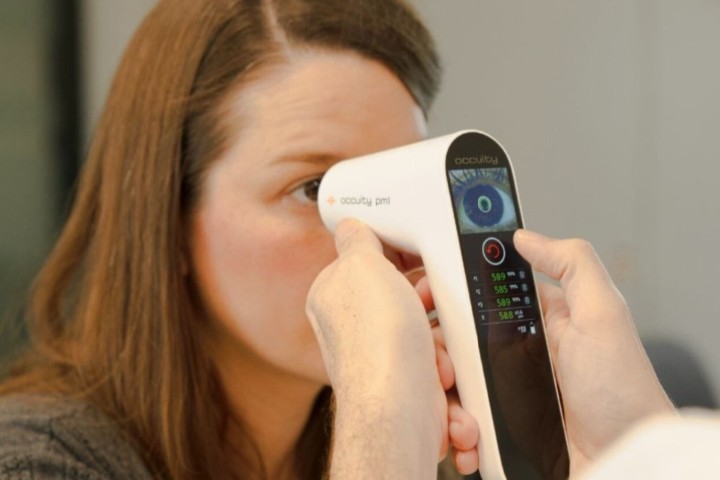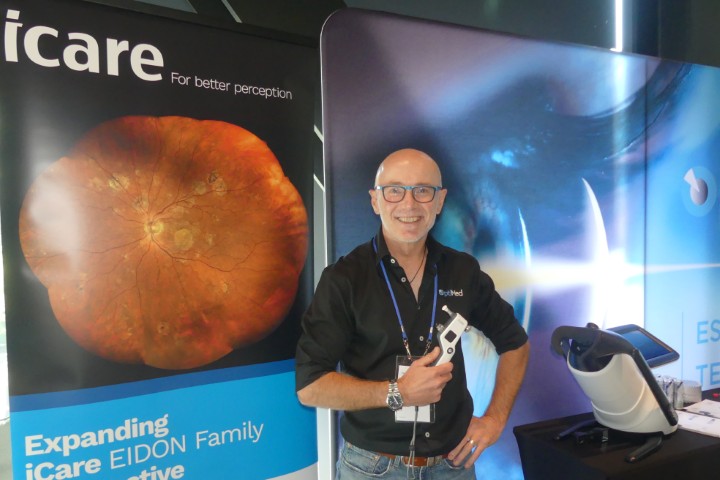MS rises sharply in Aotearoa
The number of people diagnosed with multiple sclerosis (MS) in New Zealand increased by a third between 2006 and 2022, according to new research by the University of Auckland.
Led by Dr Natalia Boven, a postdoctoral fellow from the University’s Compass Research Centre, and published in the New Zealand Medical Journal, the study found the prevalence of MS increased 33% to 96.6 per 100,000 people in 2022 from 72.4 per 100,000 in 2006.

Research lead Dr Natalia Boven
“Notably, while European New Zealanders are being diagnosed with MS at a higher rate (132.4 per 100,000), we found MS increased substantially for Māori, Pacific Peoples and Asian ethnic groups over the same period," said Dr Boven. Māori rates doubled from 15 per 100,000 to 33.1 per 100,000 in 2022, while the Pasifika rate rose to 9.2 per 100,000 and the Asian ethnic group rate increased to 16 per 100,000. The data also showed people living in more deprived areas were less likely to be diagnosed with MS,” she said. “This pattern was more pronounced for Māori and Pacific Peoples, which suggests they may face barriers accessing services to receive a MS diagnosis.”
Multiple Sclerosis New Zealand (MSNZ) national manager Amanda Rose said patients regularly report the biggest barriers to diagnosis are a lack of community awareness of MS and critical shortages of specialist services that can delay diagnosis from a couple of weeks to as long as several years. “The longstanding shortage of neurologists in Aotearoa has created long waiting lists for many people with neurological conditions, including MS,” said Rose.
To better support targeted advocacy for MS sufferers, Rose said MSNZ has contracted Compass researchers to expand the scope of this study to explore the demographic and socioeconomic characteristics of people living with MS in Aotearoa, including geographic distribution, education, income and employment history, access to disability support, allied healthcare and income support.
More research is needed to discover the barriers to care, as an early diagnosis can make all the difference in terms of delaying disease progression and therefore improving quality of life, said Dr Boven.


























